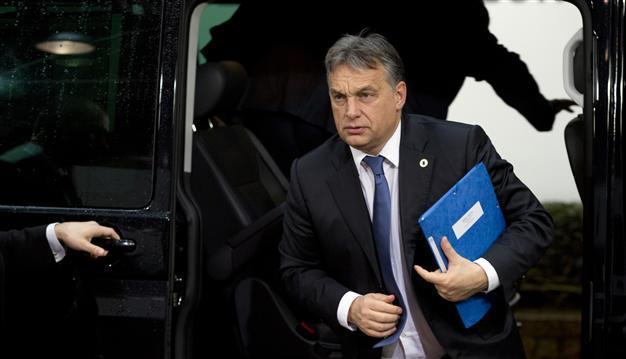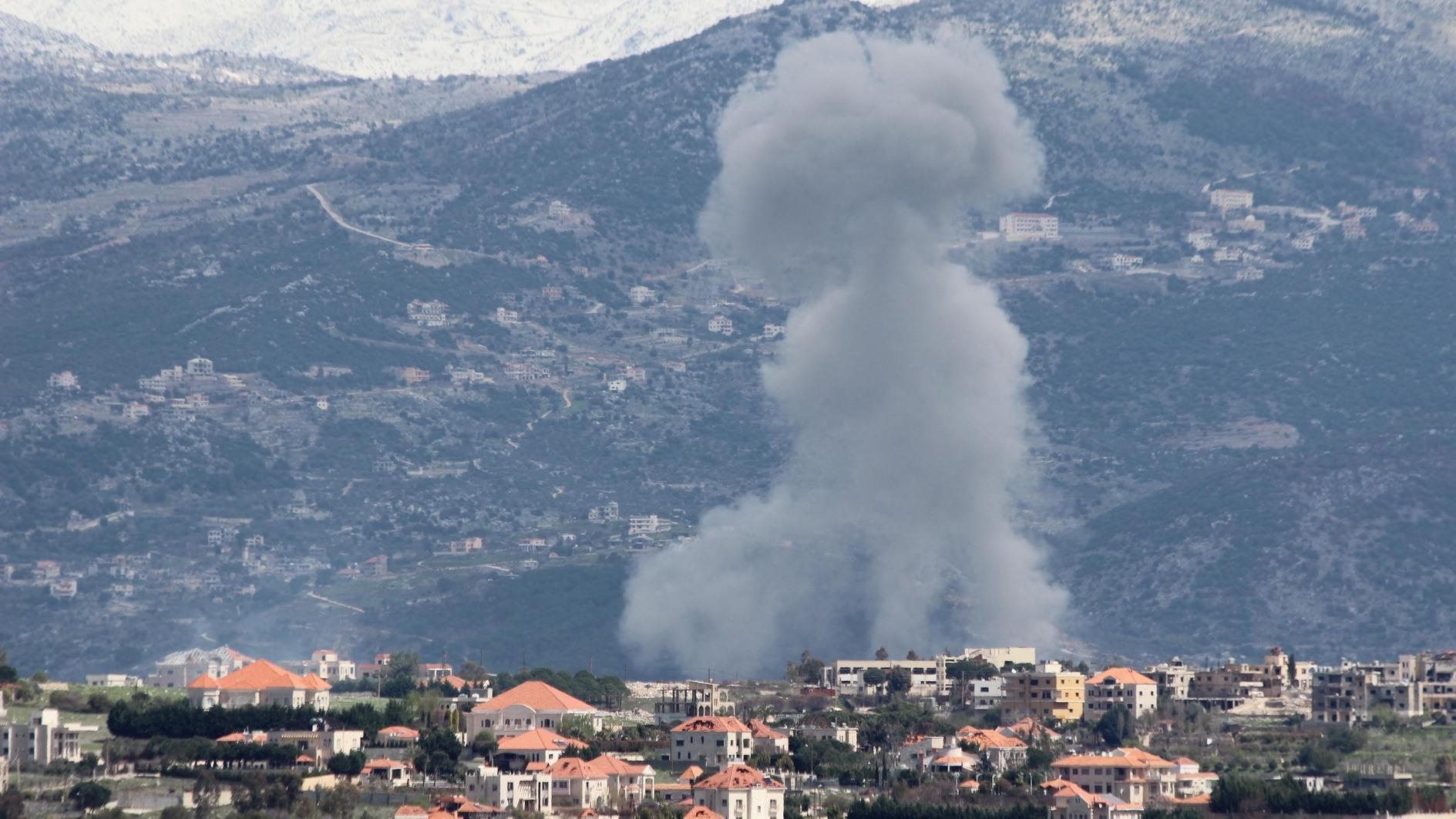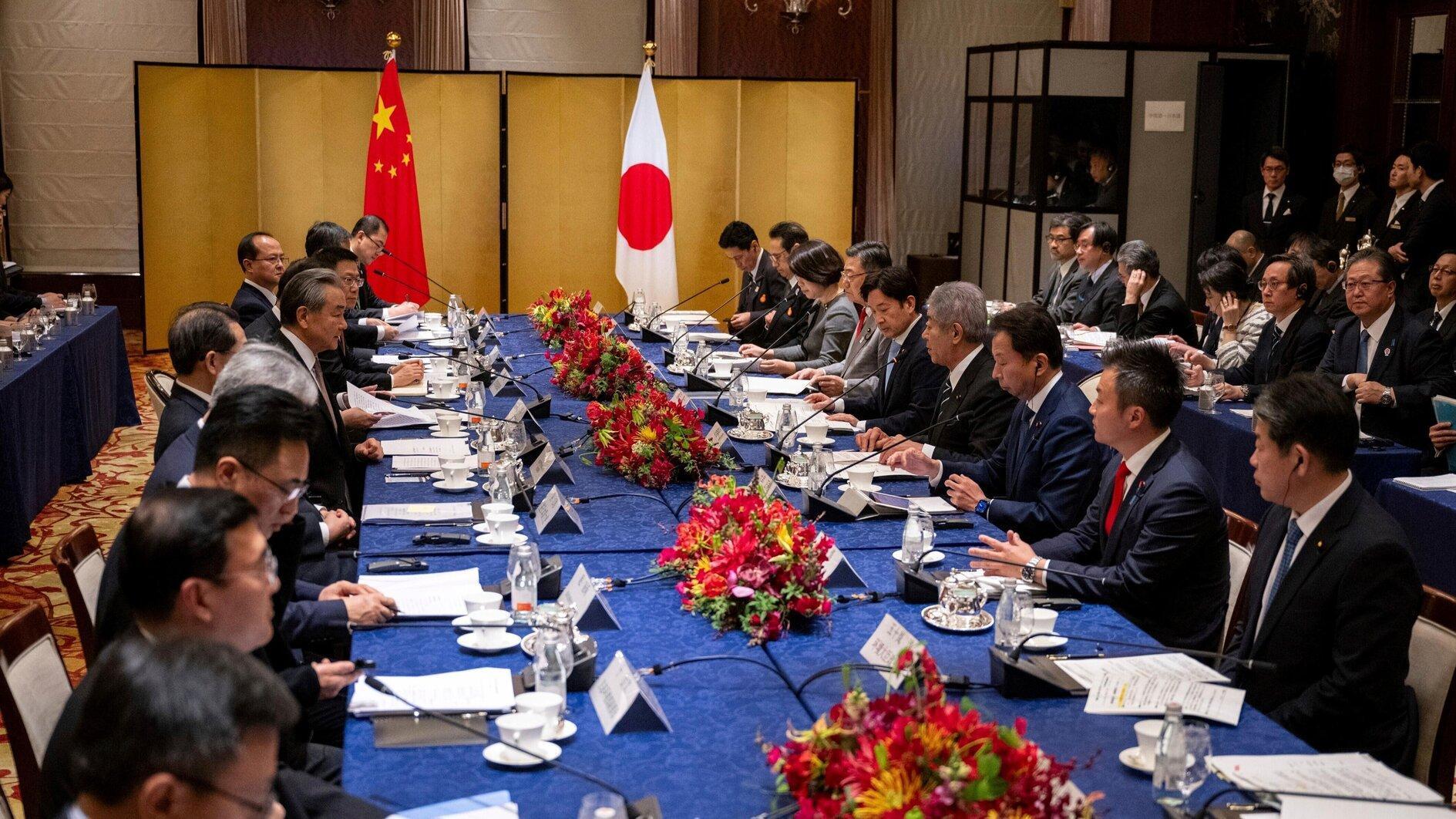Hungarian PM Orban accuses US of using corruption charges 'to gain influence'
BUDAPEST - Reuters

Hungarian Prime Minister Viktor Orban arrives for an EU summit in Brussels Dec. 18. AP Photo
The United States is using corruption allegations against some Hungarian public officials as a "cover story" to boost its influence in central Europe amid the Russia-Ukraine conflict, Prime Minister Viktor Orban said on Dec. 23Orban's comments come amid a wider souring of relations between Hungary, a NATO ally, and the United States over what America perceives as Orban's increasingly authoritarian rule and Budapest's warm relations with Russia.
In October Washington blacklisted six people with ties to Orban's government from entering the United States, accusing them of involvement in corruption.
The head of Hungary's tax authority Ildiko Vida has confirmed she was on the list, along with several colleagues at the tax office. At the same time she has firmly denied any wrongdoing.
Orban told public television on Dec. 23 that a new era has started when the United States not only interferes but takes an active part in internal politics in central European countries.
Orban said this was due to the Russia-Ukraine conflict, and the free trade talks under way between the European Union and the U.S., with American interests especially markedly visible in energy and trade policies.
"It is clearly visible that there are two issues where there are marked interests: American interests in energy policy and ...trade policy," Orban said.
"They want to drag us into a conflict which could only be bad for us. A cold war sentiment is taking shape between the U.S. and Russia and we do not want to take part in this," he added.
U.S. Charge d'Affaires Andre Goodfriend said that corruption was a symptom of the weakening of Hungary's democratic institutions when the ban was announced in October. He called the ban a warning to Budapest to reverse policies he said threatened democratic values.
Orban also said that the United States wanted to build Hungary's new nuclear plant but they did not get the deal, which was "painful" for them.
Russian President Vladimir Putin and Orban agreed a construction-and-finance deal to build two new nuclear reactors at Hungary's Paks nuclear plant in January, part of Hungary's closer ties with Moscow that have unnerved Western partners.
















